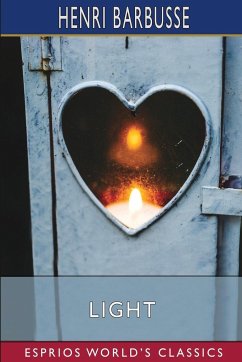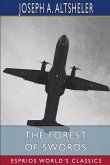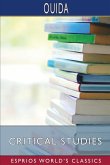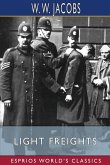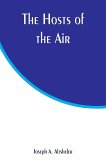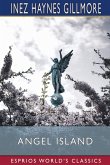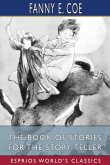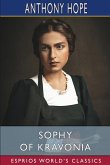Henri Barbusse (17 May 1873 - 30 August 1935) was a French novelist and a member of the French Communist Party. He was a lifelong friend of Albert Einstein. The son of a French father and an English mother, Barbusse was born in Asnières-sur-Seine, France in 1873. Although he grew up in a small town, he left for Paris in 1889, at age 16. In 1914, at age 41, he enlisted in the French Army and served on the western front during World War I. Invalided out of the army three times, Barbusse would serve in the war for 17 months, until November 1915, when he was permanently moved into a clerical position due to pulmonary damage, exhaustion, and dysentery. On 8 June 1915, he is awarded the Croix de guerre with citation. He was reformed on 1 June 1917.
Bitte wählen Sie Ihr Anliegen aus.
Rechnungen
Retourenschein anfordern
Bestellstatus
Storno

